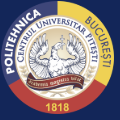Detailed introduction of the University of Pitesti:
Introduction and Overview
The University of Pitesti is the only national higher education institution in the Pitesti region of Romania. It is a modern and dynamic public university that offers students a wide range of study subjects and high-quality scientific research topics. Its graduates have good employment prospects in Romania and Europe.
History and Establishment
The university's history can be traced back to the three-year Education College established in 1962, which offered majors such as mathematics, physics, biology, chemistry, linguistics, sports and physical education. In 1969, the Engineering College was added. From 1974 to 1991, it was managed by the Bucharest Polytechnic Institute. In 1991, it became an independent university and was renamed the University of Pitesti.
School Strength
Faculty: It has 388 academic staff and 133 administrative staff to provide professional teaching and support to students.
Degree courses: Preparatory, undergraduate, master's and doctoral degree courses are provided, covering science, art, mechanics and technology, electronic communications and computers, theology, economics, law, sports and other fields. There are 95 learning programs in total, which meet the learning needs and career development goals of different students.
International cooperation: Actively carry out international cooperation and exchange projects, and establish bilateral agreements with universities and scientific research institutions in 612 countries and regions such as France, Spain, Portugal, Bulgaria, Turkey, Italy, Poland, Lithuania, Latvia, Greece, and Germany. Through student exchanges, teacher visits, joint research projects and other forms, it provides students and teachers with a broad international exchange platform and enhances the international influence of the school.
Nature of the institution
Public university.
Educational philosophy
Committed to combining academic research with science and technology, focusing on cultivating students' practical ability and innovative spirit, emphasizing the combination of theory and practice, so that students can better adapt to the needs of society and the workplace, and at the same time encourage students to participate in international exchanges and cooperation, and cultivate high-quality talents with an international perspective.
Key laboratories and disciplines
Key laboratories: It has 8 research centers, including a research-development-innovation and technology transfer center, etc., which provide good experimental conditions and technical support for scientific research and teaching.
Advantageous disciplines: Disciplines such as mechanics and technology, electronic communications and computers have strong strengths and characteristics, and have achieved remarkable results in teaching and scientific research. Disciplines such as theology, literature, history and art also have certain advantages, providing students with rich cultural and academic resources.
Faculty
The school has 6 colleges, including the School of Science, the School of Mechanics and Technology, the School of Electronic Communications and Computers, the School of Educational Sciences and Psychology, the School of Economic Law, and the School of Theology and Arts, including 16 departments.
Ranking
According to 2022 data, the university has more than 8,200 students, including 80 international students from 33 different countries. It has a certain reputation and influence in Romania, but it is not at the forefront of international rankings.
Expenses
For citizens of the European Union, the Swiss Confederation and the European Economic Area, the tuition fee is the same as that of Romanian students; the tuition fee for students from non-EU countries is relatively high, but the specific fees vary depending on the major and degree level. In addition, the school also provides financial assistance such as scholarships and grants to students with excellent academic performance.
Campus Environment
Campus facilities: Located at Str. Targul din Vale, nr. 1 in Pitesti, it has modern teaching buildings, laboratories, libraries, student dormitories, canteens, sports facilities, etc., providing students with good learning and living conditions.
Academic atmosphere: The school focuses on academic research and innovation, and regularly holds academic lectures, seminars, scientific research results exhibitions and other activities, creating a strong academic atmosphere and stimulating students' interest in learning and scientific research.
Cultural activities: Actively organize colorful cultural activities, such as art performances, sports competitions, club activities, etc., to enrich students' extracurricular life and promote their all-round development.
-

Grigore T. Popa University of Medicine and Pharmacy
-
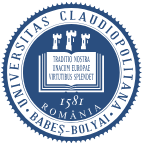
Babes-Bolyai University
-
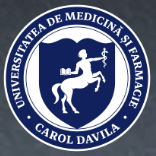
Carol Davila University of Medicine and Pharmacy
-
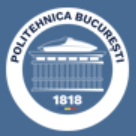
Politehnica University of Bucharest
-
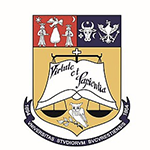
University of Bucharest
-

Technical University of Cluj-Napoca
-
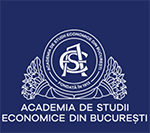
Bucharest Academy of Economic Studies
-

1st December 1918 University of Alba Iulia
-

West University of Timisoara
-
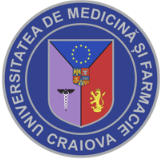
University of Medicine and Pharmacy of Craiova
-

Mesoamerican University
-

Istmo University
-

Mariano Galvez University of Guatemala
-

Regional University of Guatemala
-

Galileo University
-

Francisco Marroquín University
-

Rafael Landívar University
-

University of the Valley of Guatemala
-

University of San Carlos of Guatemala
-

Technological Institute of Tlaxcala Plateau
-

Golfo University
-

Technological University of South Sonora
-

Technological University of Huejotzingo
-

Tizimín Institute of Technology
-

Chilpancingo Institute of Technology

